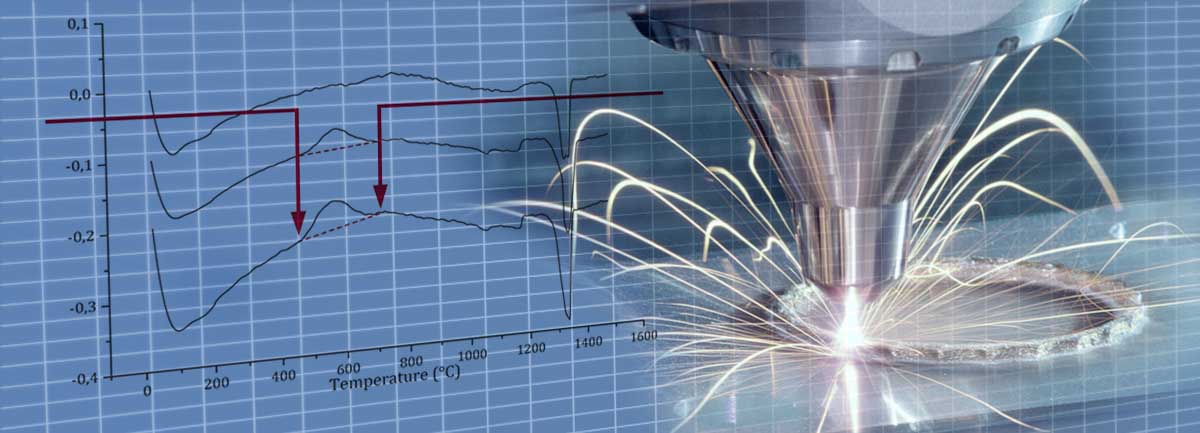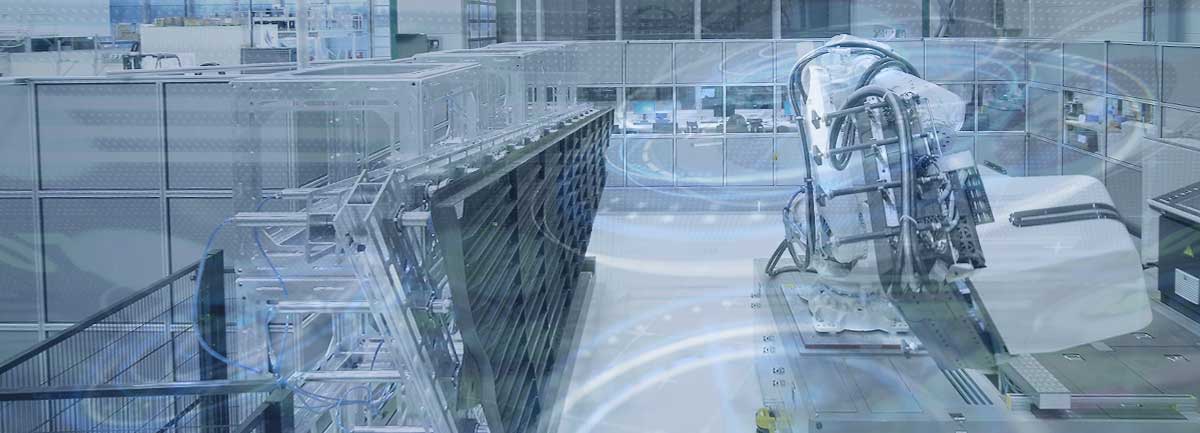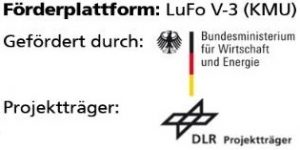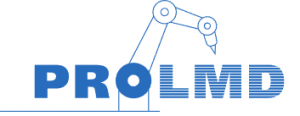Research, work on the future!
To be able to offer innovative manufacturing solutions in the future as well, BCT participates in national and international research projects. We do this because we believe that only people who work to build the future will actually have a say in it!
Working on this project gives those involved an early glimpse of the problems and trends in the manufacturing industry. In the area of additive manufacturing (3D printing) BCT was able to expand its portfolio by adding the adaption of LMD programs and a module specialized in reworking parts produced via additive manufacturing.
During the robot-assisted machining of parts, our developments help to capture the shape of the parts before and during machining. This approach makes it possible to achieve higher accuracy and to automate burdensome tasks (e.g. scarfing and machining of CFRP structures). You can find a current selection of our research activities here. If our expertise would also be of interest for your innovation projects, we would be happy to tell you whether and how we can make a contribution. Please contact us!









